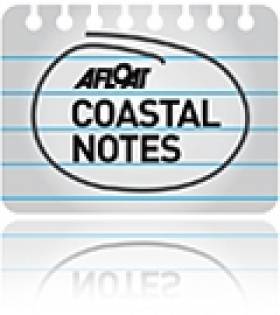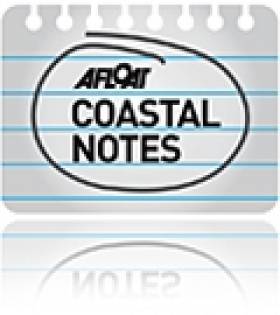Displaying items by tag: Phillips 66
Bantry Bay Oil Terminal Sold to US Based Owners
#WhiddyOilTerminal – Bantry Bay Oil Terminal has been acquired by Houston, Texas based Zenith Energy, an international liquids and bulk terminal company from Phillips 66.
The terminal has a storage capacity of more than 8 million million barrels holding a third of Ireland's strategic petroleum reserves. Zenith intends to continue operating the terminal on a commercial basis.
For more the West Cork Times reports HERE.
Phillips 66 continues to operate Whitegate Oil Refinery in Cork Harbour, the only such facility in Ireland. As previously reported on Afloat.ie the refinery at Whitegate was withdrawn from sale last year following attempts to find a buyer failed.
Mike King of Phillips 66 was among the speakers of the major energy conference "Cork Harbour – Energising the Region" held in December.
To read his presentation and others click HERE on topics that discussed the opportunities and challenges in terms of energy, industry and tourism for the harbour.
Phillips 66 Pulls Out of Sale of Whitegate Oil Refinery
#WhitegateOilRefinery – The Irish Independent writes that the US oil company, Phillips 66 has pulled the sale of Ireland's only oil refinery at Whitegate in Cork as attempts to find a buyer failed.
Last June, Phillips 66 hired Deutsche Bank to help sell the refinery. However, despite smoking out several potential suitors, the company and its advisers were unable to seal a deal.
Phillips 66 will continue to operate the refinery in Cork, although it may seek to offload a nearby storage facility in Bantry Bay. Around 200 staff are employed by Phillips 66 across its Irish operations. For more on the story click HERE
As previously reported on Afloat.ie last year the Government-commissioned a report that said the state did not need its own oil refinery as it can import enough of the fuel to meet all its needs.
For a copy of the report published by the Department of Energy, click HERE.































































